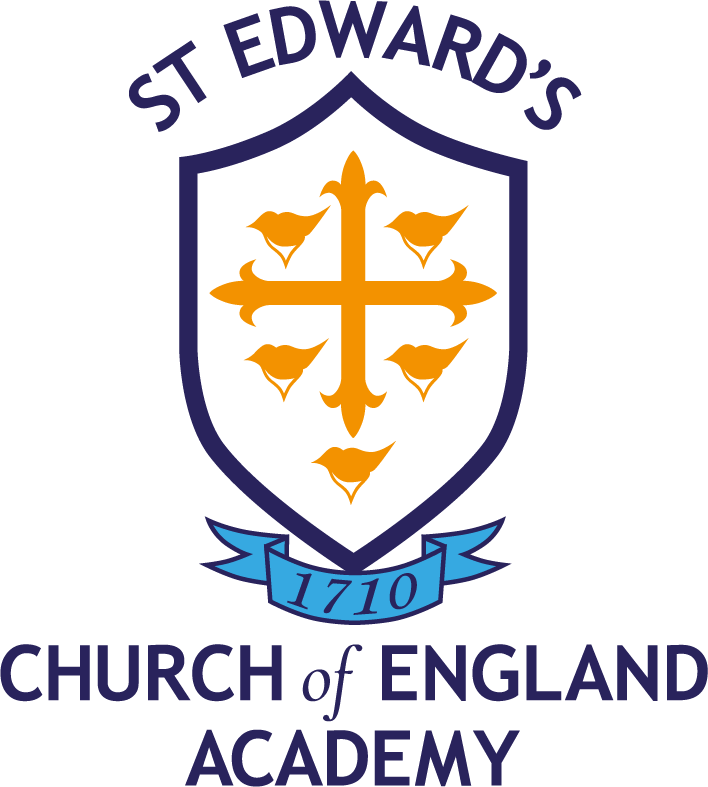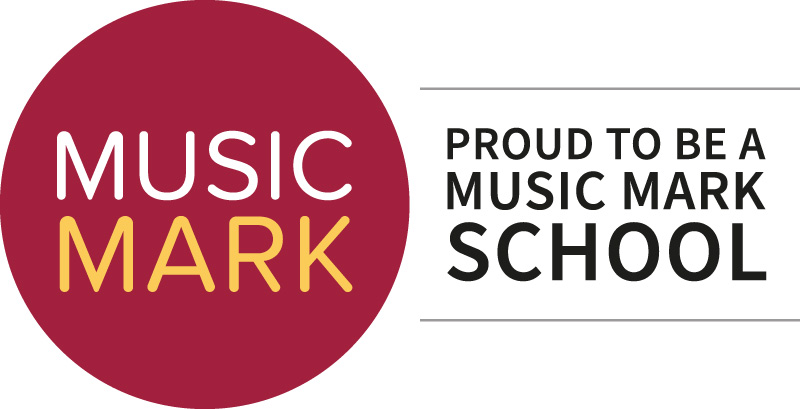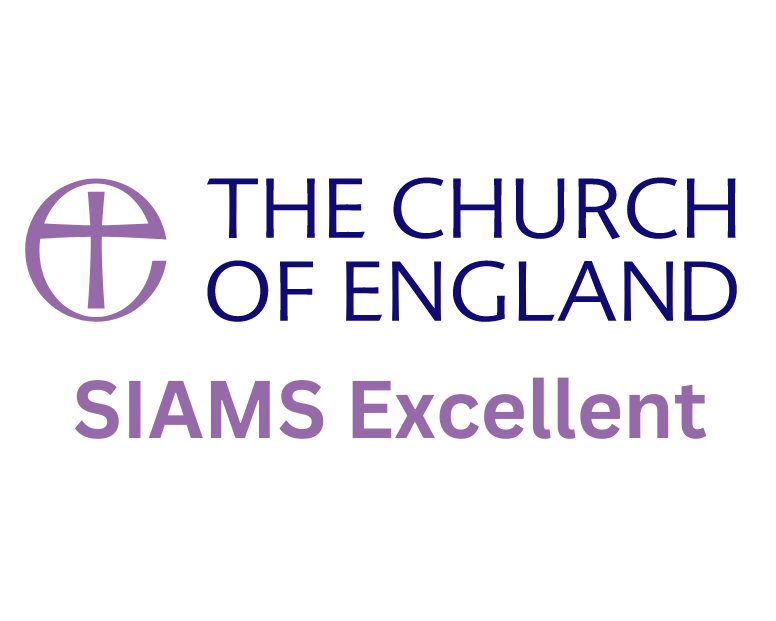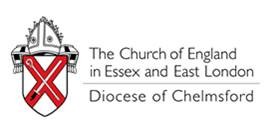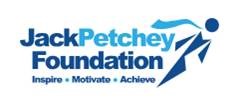Curriculum
Curriculum Intent
Our vision for St Edward’s is one of HOPE – we will become the best that we can be through Humanity, Optimism, Perseverance and Excellence and develop so that we can live ‘Life in all its Fullness’. We will make sure that we know every child and are there to support and guide them on the pathway from childhood to self-realisation as a young adult. St Edward’s is founded on Christian values and we exist to educate young people towards excellence in all dimensions of their lives, recognising the uniqueness of each and the equality of all.
The curriculum at St Edward’s is a seven year journey. Our students study a broad and balanced curriculum with the intention of preparing them for a world we cannot imagine. There are no limits placed on their achievements. Wider opportunities are provided through our enrichment programme and our HOPE Days and the HOPE Pledge.
Our curriculum intent is based on an academically rigorous offer which will be delivered with curriculum expertise to meet the needs of our cohort. We will teach to the top and go the extra mile to scaffold learning so that everyone achieves their best. We know that great teaching, every lesson, every day, transforms lives.
All children undertake rigorous programmes of study across the full range of traditional school disciplines – English, Mathematics, the Sciences, the Humanities, Religious Studies, Creative and Performing Arts and Sport. They also have wider opportunities to learn about the world and to contribute to the community through participation in trips and visits, school clubs and enrichment activities and voluntary work in school and the wider community.
Every child matters and we strive to ensure that every child thrives in their lessons and takes full part in the wider curriculum on offer.
We are a community of confident and compassionate voices: a community which prepares young people to take their place in the world where they can hold formal and informal conversations with confidence in more than one language; produce fluent extended independent writing (academic and creative); show and share cultural and academic knowledge and present persuasive arguments in debates and public speaking and work together to solve problems, hold restorative conversations and reach resolutions.
We want our children to be happy and to feel positive about themselves, their time at school and their futures.
We have a carefully planned PSHE curriculum where children learn about how to look after themselves (including Life Skills such as Personal Finance and cookery and nutrition and well-being).
Students learn that they can fully participate in the life of the school and the wider community through Student Council, voluntary work and extra-curricular activities.
Our careers programme inspires them to aspire and to see the many opportunities available to them.
Fundamental British Values of democracy, the rule of law, individual liberty and mutual respect and tolerance of those with different faiths and beliefs, and for those without faith, are explored and supported through our curriculum – including our PSHE programme, Form Time curriculum and Assemblies.
All students are trained to study independently and to develop a ‘Growth Mindset’. We know a lot about how young people learn and believe in teaching them about self-regulation; self-efficacy and meta-cognition.
We plan learning so that students retain knowledge in their long-term memories. Through the subject disciplines they become confident, independent learners.
Show My Homework supports students by providing everything they need to study effectively outside the lessons – including pre-learning for future classes and revising for examinations.
Teachers provide students with an overview of the curriculum topics and content for each half term and use Flipped Learning to encourage independence.
Assessment criteria, success criteria and model answers are shared with students and feedback is provided to ensure that all students know what they need to do to improve their work or fill any gaps in their understanding.
All children are stretched and challenged so that they can excel.
The broad and balanced curriculum is taught by subject specialists who are passionate about their academic discipline. Spiritual, moral, social and cultural development is woven into the fabric of our curriculum. We use assessment to drive excellence – making sure that we know every child, label no-one and place no ceiling on achievement.
The seven year learning journey is mapped out from Y7 to the point of destination in Y13 with carefully planned programmes of study, a broad and balanced curriculum and assessments to ensure rigour and challenge that allows for academic achievement at the highest level and the best possible pathways to adult life and the world of work.
Curriculum Organisation
Our broad and balanced curriculum is organised to ensure that all students are well-prepared from Year 7 for the full academic offer at GCSE and A’ Level, as well as developing a community which prepares young people to take their place in the world with confident and compassionate voices. Through high-quality teaching, including at Form Time and in our HOPE and PSHE programmes, we expect achievement for all in a socially just community where all students feel safe, welcome, respected and successful: all are well-prepared for adult life and there are no significant gaps between groups of students.
Curriculum Inclusion Statement
At St Edward’s Academy, we are ambitious for all learners. The full curriculum is made accessible to all through our teaching and assessment practices. The St Edward’s Teaching Essentials and our Teacher Toolkits for SEND, EAL, Higher Attaining Pupils and Formative Assessment are underpinned by our Whole School Literacy and Numeracy Strategies. The St Edward’s Equalities Objectives and Equalities Policy and the SEND Information Report should be read in conjunction with our curriculum documentation. They show how the curriculum is there to support all learners to live ‘Life in all its Fullness’.
The Inclusion Statement from ‘The National Curriculum in England Framework Document’ December 2014, underpins our curriculum intent and our curriculum implementation:
4. Inclusion
Setting suitable challenges
4.1 Teachers should set high expectations for every pupil. They should plan stretching work for pupils whose attainment is significantly above the expected standard. They have an even greater obligation to plan lessons for pupils who have low levels of prior attainment or come from disadvantaged backgrounds. Teachers should use appropriate assessment to set targets which are deliberately ambitious.
Responding to pupils’ needs and overcoming potential barriers for individuals and groups of pupils:
4.2 Teachers should take account of their duties under equal opportunities legislation that covers race, disability, sex, religion or belief, sexual orientation, pregnancy and maternity, and gender reassignment.
4.3 A wide range of pupils have special educational needs, many of whom also have disabilities. Lessons should be planned to ensure that there are no barriers to every pupil achieving. In many cases, such planning will mean that these pupils will be able to study the full national curriculum. The 0-25 Special Education and Disability Code of Practice includes statutory advice on approaches for identification and assessment which can support this. A minority of pupils will need access to specialist equipment and different approaches. The SEN and Disability Code of Practice is clear about what should be done to meet their needs.
4.4 With the right teaching, that recognises their individual needs, many disabled pupils may have little need for additional resources beyond the aids which they use as part of their daily life. Teachers must plan lessons so that these pupils can study every national curriculum subject. Potential areas of difficulty should be identified and addressed at the outset of work.
4.5 Teachers must also take account of the needs of pupils whose first language is not English. Monitoring of progress should take account of the pupil’s age, length of time in this country, previous educational experience and ability in other languages.
4.6 The ability of pupils for whom English is an additional language to take part in the national curriculum may be in advance of their communication skills in English. Teachers should plan teaching opportunities to help pupils develop their English and should aim to provide the support pupils need to take part in all subjects.
Please see the St Edward’s Academy SEND Information Report and Equalities Objectives and Equalities Policy for further information.
At Key Stage Three we teach English Language and Literature, Mathematics, Biology, Chemistry, Physics, Religious Studies, Geography, History, Mandarin, Spanish, French, Music, Art, Design Technology, IT, Drama and PE.
We have a three year Key Stage Three and mixed ability classes to allow students to flourish and experience high quality subject-based teaching whilst they discover their own interests and talents. We talk about a Seven Year Journey to show students they are working towards A’ Levels and beyond.
This ambitious offer is inclusive, with all students taking part in all subjects. Interventions are evidence-informed, carefully targeted and evaluated for impact, so that all students can access and take part in the full curriculum offer.
Students make their guided choices in Year 9. We encourage a high level of participation in EBacc subjects, as this ensures that students keep their options open for the next steps of their education and have a solid foundation of academic knowledge for a life-long love of learning.
For further information visit our Key Stage 4 Options page.
Our two year GCSE curriculum consists of our EBacc course: English Language and Literature, Mathematics, Physics, Chemistry and Biology (double or triple award), Religious Studies (taken at the end of Year 10) a Modern Foreign Language and History or Geography with two guided choices from this list: Art, Design Technology, Drama, Music, Computer Science, Citizenship, Sociology, PE.
Students take 3 A’ Level subjects and also take part in our STEP programme to help them with their pathways to the future. We offer the EPQ to enable students to become independent, university-ready learners.
Attachments
Year 7 Cultural Capital Revision Guide/Booklet
2021-2022-Year-7-Parent-Booklet-Recall-Cultural-Captial-Booklet-26th-November-2021.pdf
Year 8 Cultural Capital Revision Booklet/Guide
2021-2022-Year-8-KS3-Parent-Booklet-Recall-Cultural-Captial-Booklet-26th-November-2021.pdf
Year 9 Cultural Capital Revision Booklet/Guide
2021-2022-Year-9-KS3-Parent-Booklet-Recall-Cultural-Captial-Booklet-26th-November-2021-All-subjects.pdf
Religious Studies Curriculum Intent
Religious-Studies-Curriculum-Intent-Website-JH.pdf
Latest News
Summer Newsletter July 2024
Read More
School sixth forms join forces to provide enhanced student experience
Read More
End of Autumn Term Letter from Ms Hassan, Headteacher
Read More
Year 6 Open Evening – Thursday 14th September 2023
Read More
Summer Term 2023 Newsletter
Read More
